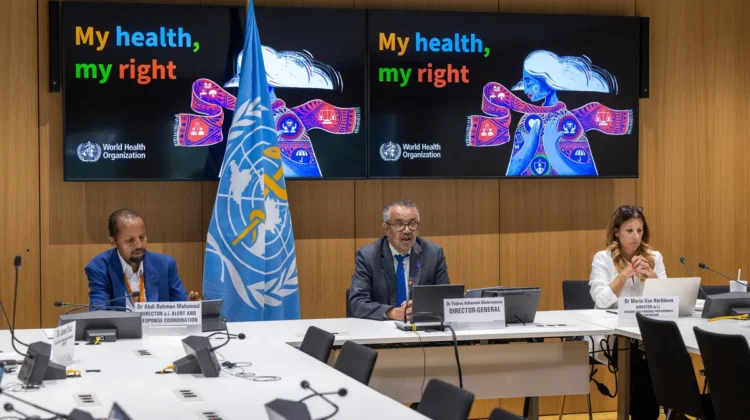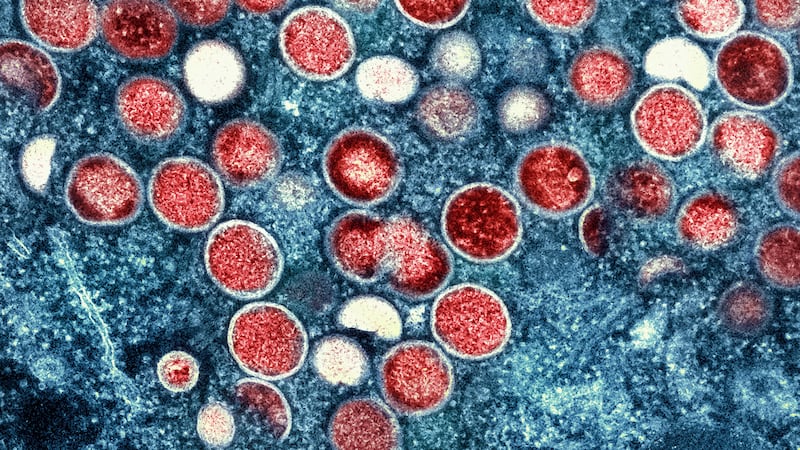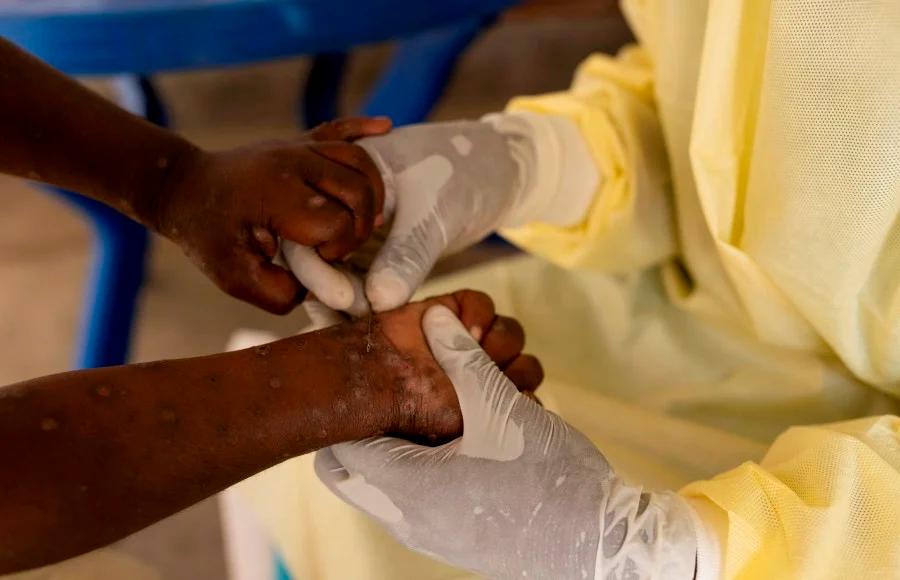
The World Health Organization (WHO) has officially declared the mpox outbreak a Public Health Emergency of International Concern (PHEIC). This decision comes on the heels of a similar declaration by the Africa Centres for Disease Control and Prevention (Africa CDC) for the African continent.
The rapid spread of a new mpox clade in eastern Democratic Republic of Congo (DRC) and neighboring countries has prompted the WHO to take decisive action. “The emergence of a new clade of mpox, its rapid spread in eastern DRC, and the reporting of cases in several neighbouring countries are very worrying,” stated WHO Director-General Dr Tedros Adhanom Ghebreyesus.

This isn’t the first time mpox has been declared a global health emergency. In 2022, the WHO issued a PHEIC after the virus spread to over 60 countries with no previous cases, primarily through sexual transmission.
Mpox symptoms often start with fever, sore throat, and muscle aches, mimicking other common illnesses. The distinctive rash with itchy or painful blisters that can appear anywhere on the body is a key indicator of the disease. It’s essential to isolate until all blisters have healed to prevent transmission.

While less lethal than smallpox, mpox can still have severe consequences, especially for young children, pregnant women, and immunocompromised individuals. Secondary infections can be fatal.
Vaccines have been instrumental in eradicating smallpox, and they are also available for mpox. However, access to these vaccines remains a challenge.

Criticism arose during the 2022 outbreak regarding the global response, with a perceived neglect of African nations most impacted by the disease. While some regions saw rapid public information campaigns and vaccine rollouts, countries like DRC experienced increasing cases with limited support.
“Mpox, originating in Africa, was neglected there, and later caused a global outbreak in 2022,” emphasized Committee Chair Professor Dimie Ogoina. “It is time to act decisively to prevent history from repeating itself.”

Over 100 confirmed cases of the more severe clade 1b mpox strain have been detected in Burundi, Kenya, Rwanda, and Uganda, nations with no previous mpox outbreaks. Africa CDC estimates that actual case numbers are significantly higher due to underreporting, with suspected cases exceeding 17,000 this year.
The WHO’s PHEIC declaration aims to accelerate and strengthen the global response to mpox. Dr Matshidiso Moeti, WHO Regional Director for Africa, assured that “significant efforts are already underway” in collaboration with communities and governments to curb the outbreak.

Leave a Reply